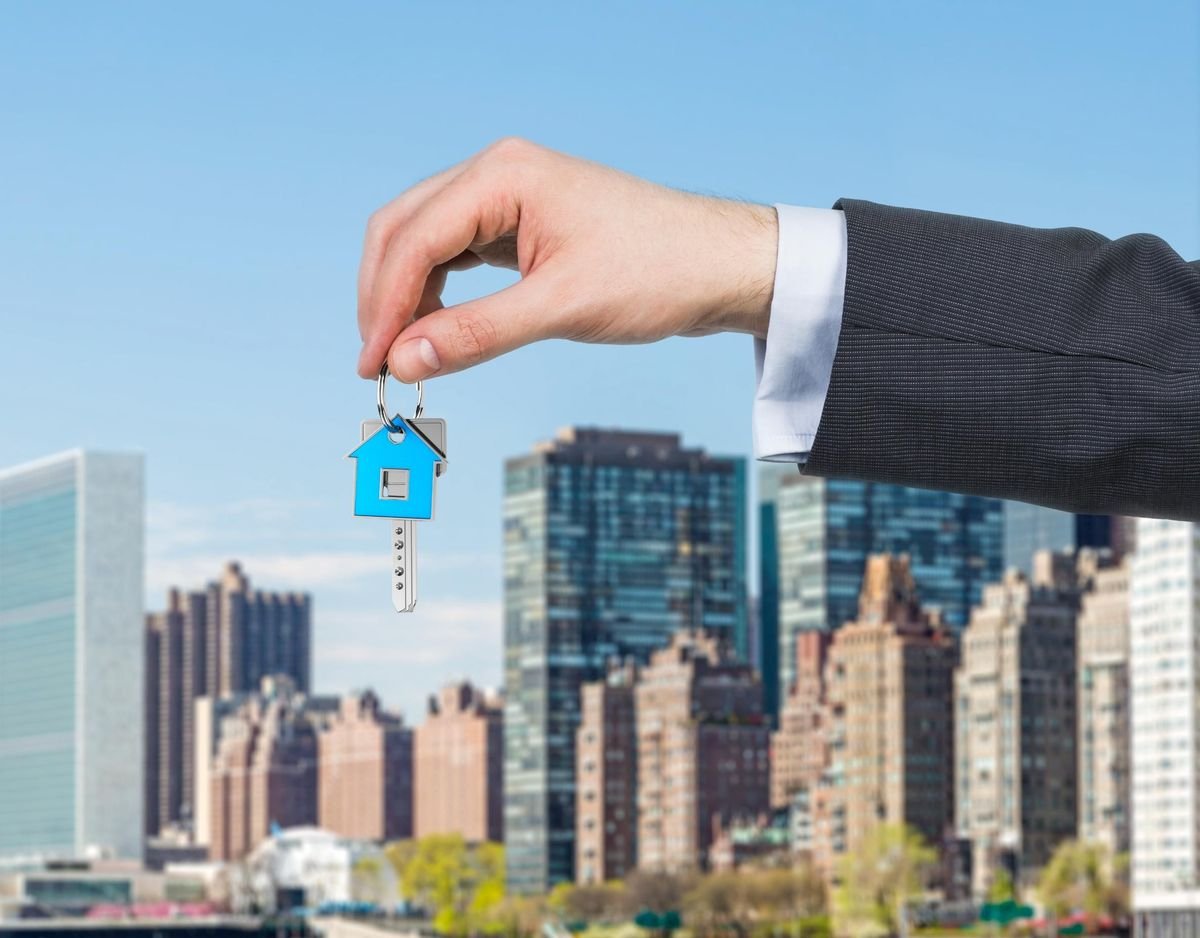Now Reading: Golden Visa Program: How It’s Shaping the UAE Real Estate Landscape in 2025
-
01
Golden Visa Program: How It’s Shaping the UAE Real Estate Landscape in 2025
Golden Visa Program: How It’s Shaping the UAE Real Estate Landscape in 2025
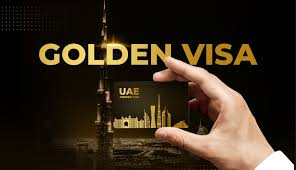
Table of Contents
Dubai, UAE – May 28, 2025 – The United Arab Emirates’ (UAE) visionary Golden Visa program is increasingly becoming a cornerstone of its economic diversification strategy, with the real estate sector emerging as a prime beneficiary. As 2025 unfolds, the long-term residency initiative is not just attracting global talent and high-net-worth individuals (HNWIs); it’s fundamentally reshaping property investment trends, development projects, and market dynamics across the Emirates.
The allure of a 10-year renewable residency, coupled with the UAE’s world-class infrastructure, business-friendly environment, and luxurious lifestyle, is proving irresistible. For many, the Golden Visa, particularly when linked to property investment, offers a secure pathway to a stable and prosperous future, making the UAE an even more attractive proposition for global investors, including those from the United States looking for international opportunities.
Understanding the Golden Visa’s Real Estate Link
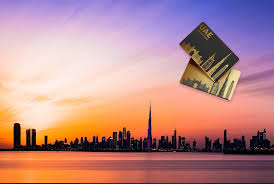
First launched in 2019 and significantly expanded since, the UAE Golden Visa program offers several categories for eligibility, including investors, entrepreneurs, specialized talents, and outstanding students. A key pathway, and one directly fueling the real estate market, is through property investment.
Currently, individuals can qualify for a Golden Visa by investing a minimum of AED 2 million (approximately USD 545,000) in one or more approved off-plan or completed residential properties. This relatively accessible threshold, compared to similar programs in other developed nations, has opened doors for a broader range of international buyers. The visa’s benefits extend beyond residency for the primary applicant to include spouses, children, and, in some cases, parents, further enhancing its appeal for families seeking long-term stability.
“The Golden Visa has been a game-changer,” notes Fatima Al Mansouri, a Dubai-based real estate consultant. “It’s shifted the mindset from short-term speculation to long-term commitment. Buyers are not just acquiring an asset; they’re investing in a lifestyle and a future in the UAE. We’re seeing increased demand for larger homes, properties in community-focused developments, and units that offer a blend of luxury and practicality.”
The Ripple Effect on the UAE Property Market
The impact of the Golden Visa on the UAE’s real estate landscape is multifaceted:
- Sustained Demand and Price Appreciation: The program has injected consistent demand into the market, particularly in prime areas of Dubai and Abu Dhabi. This sustained interest has supported property value appreciation, even as global economic conditions fluctuate. While the luxury segment initially saw the most significant impact, mid-market properties are also benefiting as more diverse investors enter the fray.
- Shift in Buyer Demographics: While investors from traditional markets like India, Pakistan, and the UK remain prominent, the Golden Visa is attracting a new wave of buyers from across Europe, CIS countries, and increasingly, North America. US citizens, for instance, are exploring the UAE for its tax efficiencies, strategic location, and burgeoning business hubs.
- Developer Focus on Golden Visa-Eligible Projects: Developers are keenly aware of the Golden Visa’s pull. New projects are often designed and marketed with visa eligibility in mind, featuring the types of amenities and unit specifications that appeal to long-term residents. This includes a greater emphasis on community living, green spaces, smart home technology, and proximity to essential services like schools and healthcare facilities. Information on such projects can often be found through major UAE real estate portals like
[leading UAE real estate portal name]. - Growth Beyond Prime Locations: While Dubai Marina, Downtown Dubai, and Palm Jumeirah remain hotspots, the Golden Visa is encouraging investment in emerging communities and even other Emirates. Ras Al Khaimah, for example, is gaining traction with its focus on lifestyle and tourism-related real estate, offering attractive propositions for Golden Visa seekers.
- Increased Transparency and Regulation: The heightened international interest spurred by the Golden Visa has also coincided with government efforts to enhance market transparency and investor protection. Initiatives by the Dubai Land Department and similar bodies in other Emirates aim to create a more secure and reliable investment environment, further boosting confidence. Details on these regulations can often be found on official government websites such as the
[official UAE government portal for residency and foreign affairs].
The 2025 Outlook: What to Expect
As we move further into 2025, several trends are expected to define the Golden Visa’s influence on UAE real estate:
- Continued Robust Demand: Barring unforeseen global disruptions, the demand driven by Golden Visa applicants is likely to remain strong. The UAE’s proactive economic policies and commitment to attracting investment will continue to underpin this trend.
- Expansion of Visa-Linked Services: We may see further integration of services and benefits for Golden Visa holders, potentially including easier access to financing, business setup support, and other lifestyle perks, making property investment even more attractive.
- Focus on Sustainable and Wellness-Oriented Developments: Aligning with global trends, developers are likely to increasingly incorporate sustainability and wellness features into projects targeting Golden Visa investors. This could include eco-friendly building materials, energy-efficient designs, and amenities that promote a healthy lifestyle.
- Rise of Branded Residences: The appeal of branded residences, offering hotel-style services and amenities combined with the prestige of a recognized name, is growing. These properties often align well with the expectations of HNWIs seeking Golden Visas.
- Potential for New Visa Categories or Refinements: The UAE government has shown a willingness to adapt and refine the Golden Visa program. Future adjustments could further broaden its appeal or target specific investor profiles, potentially impacting niche real estate segments.
The US Investor Perspective
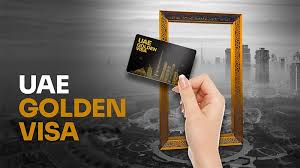
For American investors, the UAE Golden Visa presents a unique opportunity for portfolio diversification and international lifestyle planning. The absence of income tax on individuals, the UAE’s status as a global business hub connecting East and West, and the high quality of life are significant draws. Investing in UAE real estate via the Golden Visa can serve as a strategic move for those looking to establish a base in a dynamic and growing region, secure a “plan B” residency, or tap into the burgeoning Middle Eastern markets.
“We’ve seen a noticeable uptick in inquiries from US clients since the Golden Visa criteria were broadened,” says Michael Thompson, an international wealth advisor. “They are attracted by the yield potential in certain property segments, the lifestyle, and the long-term security the visa offers. For many, it’s a more straightforward and appealing residency-by-investment option compared to some European programs.”
Navigating the Investment Landscape
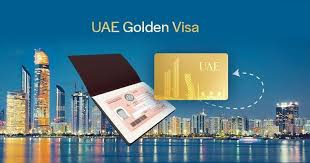
While the outlook is positive, potential investors should conduct thorough due diligence. Understanding market nuances, choosing reputable developers, and seeking professional legal and financial advice are crucial steps. The can be a valuable resource for understanding regulations and registered projects.
The Golden Visa program is more than just a residency permit; it’s a powerful economic tool that is actively shaping the future of the UAE. In 2025, its influence on the real estate sector is undeniable, promising continued growth, innovation, and opportunities for investors worldwide seeking a golden gateway to one of the world’s most dynamic regions.
WATCH MORE: https://www.youtube.com/watch?v=J680_8rs1Ws&pp=0gcJCdgAo7VqN5tD
READ MORE: Dubai Real Estate Market Q1 2025 Report: Sales Performance and Future Outlook



